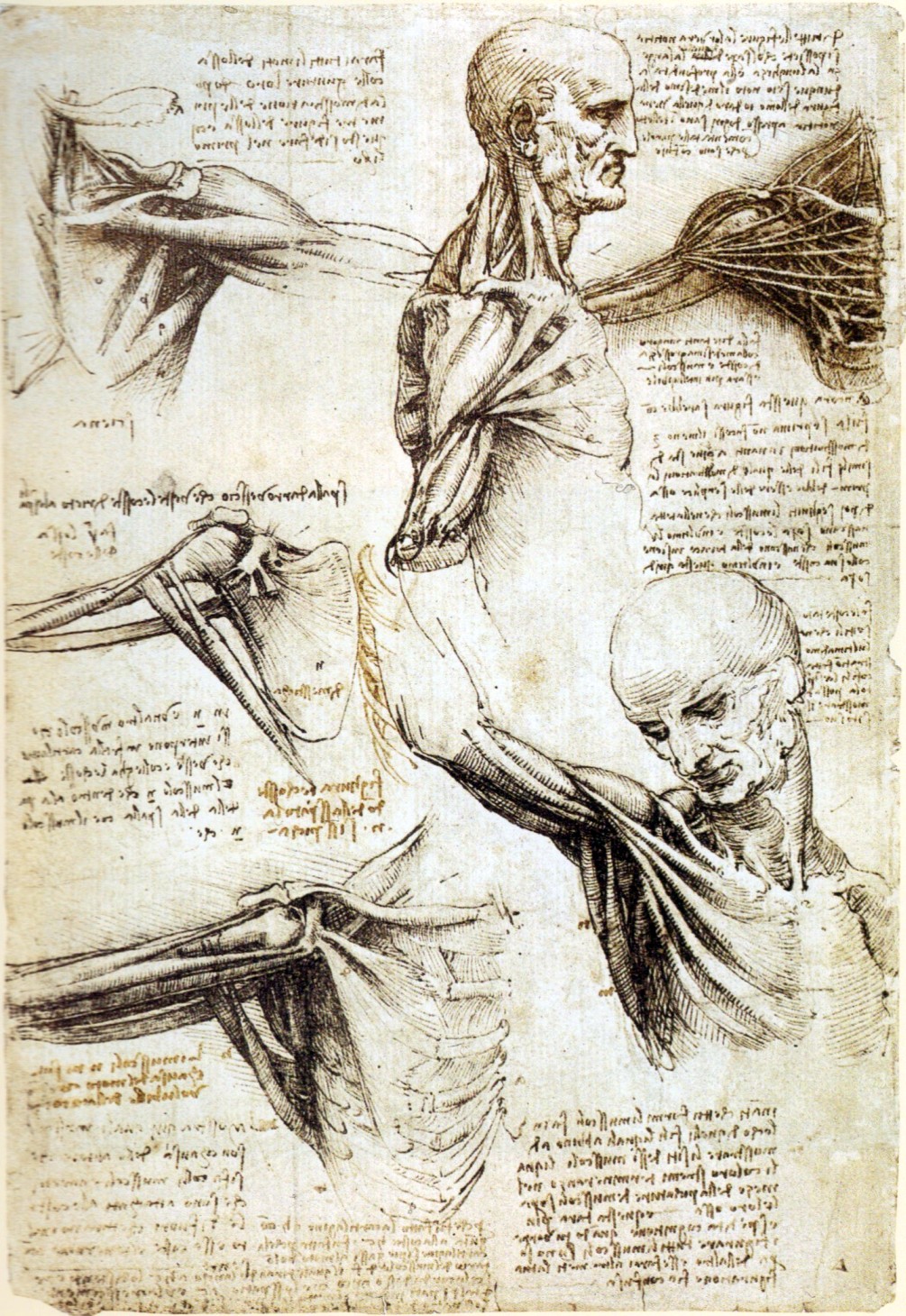Cadaver lab: A rite of passage every medical student goes through and a bonding experience over another’s insides. Lifelong anatomical lessons will be gleaned from these persons’ bodies — their once life-sustaining frames donated for you so that you may preserve and fight for lives on this side. Those who have gone before you speak of the cadaver lab as noble and even one of the highest honors a medical professional can experience.
And yet.
It’s okay.
Okay if you were queasy. Or anxious. Or completely devoid of feeling the days, minutes or seconds leading up to the first reveal of their once lived-in forms with that first cut.
It’s okay.
If you went through that first dissection with no real problems, honed in on all of the parts you needed to memorize, but in the quiet of your room that evening, you felt off.
Or even if you fell apart thinking about what you did today. Turning what was once someone … into merely parts to be learned.
It’s okay.
The truth is that you adapt. It’s in your nature.
You shut off a piece of yourself who screams, “Don’t do that!” to learn for the betterment of your future patients. You sacrifice — for a while — that part of you to understand how the human body is formed. How it all works together in a beautiful symphony of movement and function.
Ultimately, it is what your first patients wanted. Your first patients gave you the very last thing they could give, so that you might learn.
It’s okay.
Though, if you at some point go through the months of lab and learning — not too terribly bothered — only to be struck with something, a feeling at the sight of a newly-exposed, meaning-filled tattoo, hands that once held another’s or a face blessed with the lines of a long life. That is your humanity speaking, and it’s the reason you are here. And if you start crying in the shower or on your car ride home for some reason,
It’s okay.
Because this part of the journey in medical school is not only about the parts of a human, but also about your first patients and how their gift can be used to teach you about the intimacy of the human experience. You will use the knowledge they give you to treat your future patients as wholes and not just sums of their parts.
It’s okay to feel in the cadaver lab.
It’s what your first patient wanted for you.

